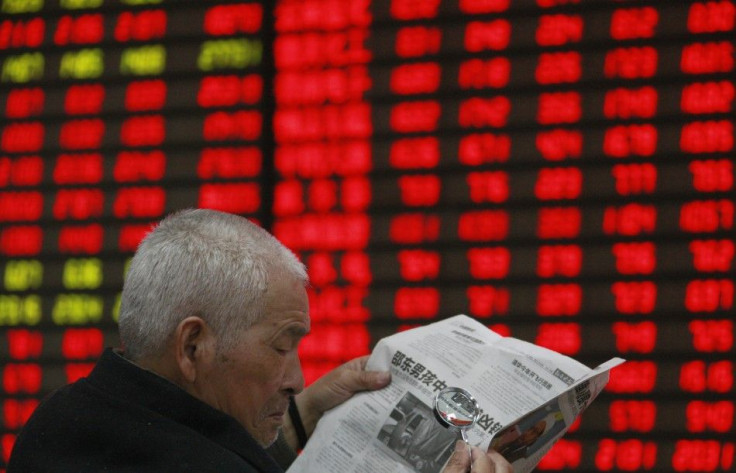Asian Markets Fall On Continuing Uncertainty In Greece

Asian markets fell Wednesday as concerns over the future of Greece in the Eurozone and the looming debt crisis rose.
Japan’s Nikkei Stock Average dropped 1.49 percent or 136.59 points to touch 9045.06, a three-month closing low. The real estate sector dropped 2.9 percent with the investors turning away from risks amid uncertainty in the Eurozone.
Hong Kong's Hang Seng lost 0.64 percent or 130.68 points to 20354.07, with declines from Chinese property developers weighing on the benchmark index.
Chinese Shanghai Composite slipped 1.56 percent or 38.24 points to 2410.65. South Korean KOSPI fell 0.85 percent or 16.72 points to 1950.29.
After voters gave a resounding thumbs down to further austerity, Greece's struggle to form a government continues, raising concerns in the market. Greek political future remains highly uncertain after the New Democracy party failed to form a coalition with the far left SYRIZA party which is against the EU-IMF programme.
Investors are concerned that failure in the Greek election to produce a new government will provide some support to the view that Greece could leave the eurozone as soon as the end of this year.
“The chances of another Greek government default within a matter of weeks or months have grown. Such an outcome would not automatically result in Greece exiting the euro-zone, let alone the EU. But we think that Greece would also come under huge pressure from policymakers and perhaps more importantly the markets to abandon the single currency,” Ben May of Capital Economics said.
If the Greek parties do not form a coalition, as seems likely, a new election will probably be held, perhaps on June 17.
Another election would lead to a prolonged period of uncertainty and could leave the government with insufficient funds to meet its near-term financing needs. This will further increase the tension persisting in the market.
© Copyright IBTimes 2025. All rights reserved.





















